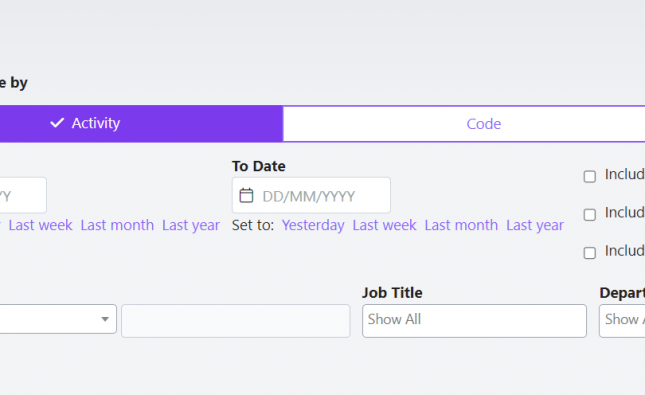Almost half of the British working population wants flexibility in their working hours or location, according to a recent survey by flexible working consultants Timewise, which suggests that offering flexible working may become increasingly important in attracting and retaining talent.
Every employee has had the right to request flexible working after 26 weeks of employment since June of last year, and the number of such requests is likely to rise in the future, with a recent article from CIPD suggesting that proposed increases in free childcare could lead to higher levels of requests for flexible working.
Business responsibilities
When an employee requests flexible working, businesses must ensure that managers know how to process the request fairly, and have solid business justifications for refused requests.
If a request is deemed to have been unfairly refused, the consequences are compensation of up to 8 weeks’ pay, or worse, discriminatory charges.
So, if you have not yet considered flexible working, or have attempted to incorporate it with mixed results, now is the time to take proactive action towards implementing a flexible working policy.
Benefits to businesses
As well as being legally obliged to consider requests from employees, there are a number of benefits of flexible working for businesses:
- Flexible workers are better able to maintain a healthy balance between work and life, leading to increased happiness and satisfaction
- Flexible workers tend to feel more in control of their lives and less stressed, improving their work performance
- Flexible workers tend to be more engaged while working, as they are able to work at a time and location that is most suitable for them
- Perception of work changes from somewhere employees go to something employees do
- Focus shifts to the quality of work output rather than hours logged.
In order for a flexible workplace to be successful, the role of the manager is key. Flexible workplaces need managers skilled in getting the most out of their teams, and staff capable of meeting objectives in flexible environments.
Challenges for managers
This brings a number of challenges for managers, including:
- Being open to new ways of managing, including considering how to plan resources when some employees work in the office, some from home, and some in other locations
- Being able to assess suitability of work tasks for flexible working as well as capability of employees
- Jointly reviewing and monitoring the impact of time spent working differently with the employee
- Building trusting relationships with employees, with clear expectations set
- Maintaining regular communications with employees
- Treating all requests for working from home fairly
To help organisations move towards flexible working successfully by equipping their managers to deal with the above challenges, we have created our Manager’s Guide to Flexible Working eLearning course.
The course is arranged into four essential skills required for managers implementing flexible working: managing change, managing culture, managing communications, and managing performance, making the process of implementing flexible working straightforward for businesses of all sizes.


